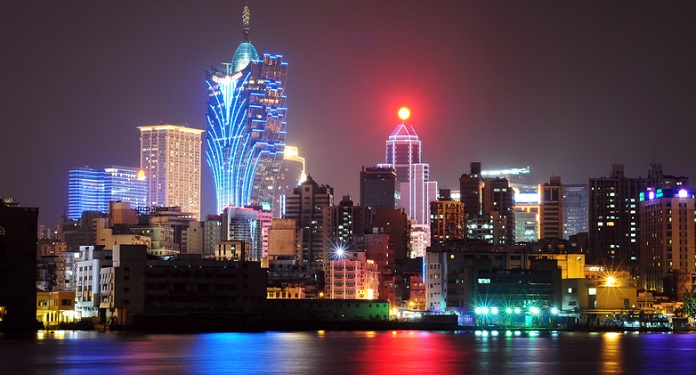Macau is trying to move away from what it perceives to be an over-reliance on its gaming industry. The perception has been reinforced during the COVID-19 pandemic, with casinos and game rooms remaining fully or partially closed for significant periods.
Now, the Executive Board of the International Monetary Fund (IMF) has started talks with the Special Administrative Region (SAR), offering some advice. To overcome future pandemics and economic crises, Macau will have to make some adjustments in order not to be so tied to the performance of its gaming market. During the pandemic, gross domestic product dropped by 54% in 2020, with a small growth of 18% in 2021.
Both events were linked to the gaming industry with casinos inviting people from all over the world to visit. When the pandemic finally ends, however, things will be very different. On the one hand, Macau has reduced the number of junket operators, has increased the stakes for casino concessionaires who wish to proceed and have a relationship with these entities.
Generally speaking, it signaled its willingness to explore options beyond the game to sustain its economy. All these developments are good signs, as recent GDP growth of 15.5% so far in 2022 indicates that gaming still plays a role. This is understandable as much of the economy still revolves around these local gaming businesses.
Growth in gaming will be slower now because of regulation
For example, growth of 23% is expected in 2023, once again driven by these game players. Weak service exports have made the administrative region particularly susceptible to restrictive events on a global scale.
The IMF also took a closer look at Macau’s new series of proposed gambling laws and did not offer advice on their feasibility, but argued that the stricter measures passed, along with the still struggling gambling sector, would mean Macau would not can expect a quick recovery due to new regulation for the gaming industry.




















































